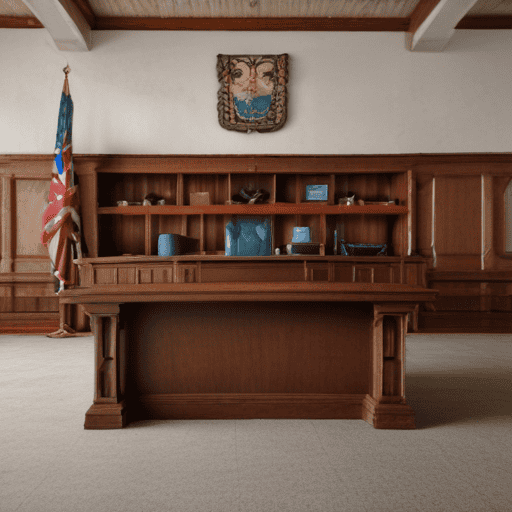Political discussions in Fiji have intensified following the recent appointment of six independent MPs to ministerial and assistant ministerial positions by Prime Minister Sitiveni Rabuka. This move has prompted questions regarding its implications for the political landscape and whether it signals an effort by the People’s Alliance Party (PAP) to consolidate its power.
Political analyst and former opposition leader Mick Beddoes presented two interpretations of this cabinet reshuffle. One viewpoint suggests that the remaining members of the FijiFirst party, which still holds a significant presence in Parliament with 26 seats compared to PAP’s 21, are showing signs of diminished influence. Despite their numerical advantage, Beddoes argues that FijiFirst could have utilized their platform to re-launch and regain momentum; however, the party’s recent troubles and the swift resignations of its leaders have led to a loss of credibility among their constituents.
The six MPs who have taken up new roles include Ioane Naivalurua (Minister for Policing), Viliame Naupoto (Minister for Immigration), Mosese Bulitavu (Minister for Environment and Climate Change), Aliki Bia (Assistant Minister for Information), Naisa Tuinaceva (Assistant Minister for Public Works, Transport and Meteorological Services), and Ratu Josaia Niudamu (Assistant Minister for Justice). Critics argue that rather than simply reshuffling the existing parliamentarians, the government could have addressed pressing socioeconomic issues more effectively by implementing internal changes.
After years of political uncertainty in Fiji, characterized by frequent challenges regarding governance and accountability, the current political climate reflects a shift towards increased public scrutiny of government actions. Citizens are expressing a growing demand for transparency amid economic challenges, suggesting a hopeful transition toward a more engaged political culture.
As Fiji navigates this changing landscape, the new cabinet appointments offer both risks and opportunities. While concerns over governance remain, there is potential for meaningful reforms that could enhance democratic principles and improve public trust in political institutions. With ongoing discussions about constitutional amendments facing hurdles due to parliamentary dynamics, all eyes will be on how these developments unfold and what they mean for the future of governance in Fiji.

Leave a comment